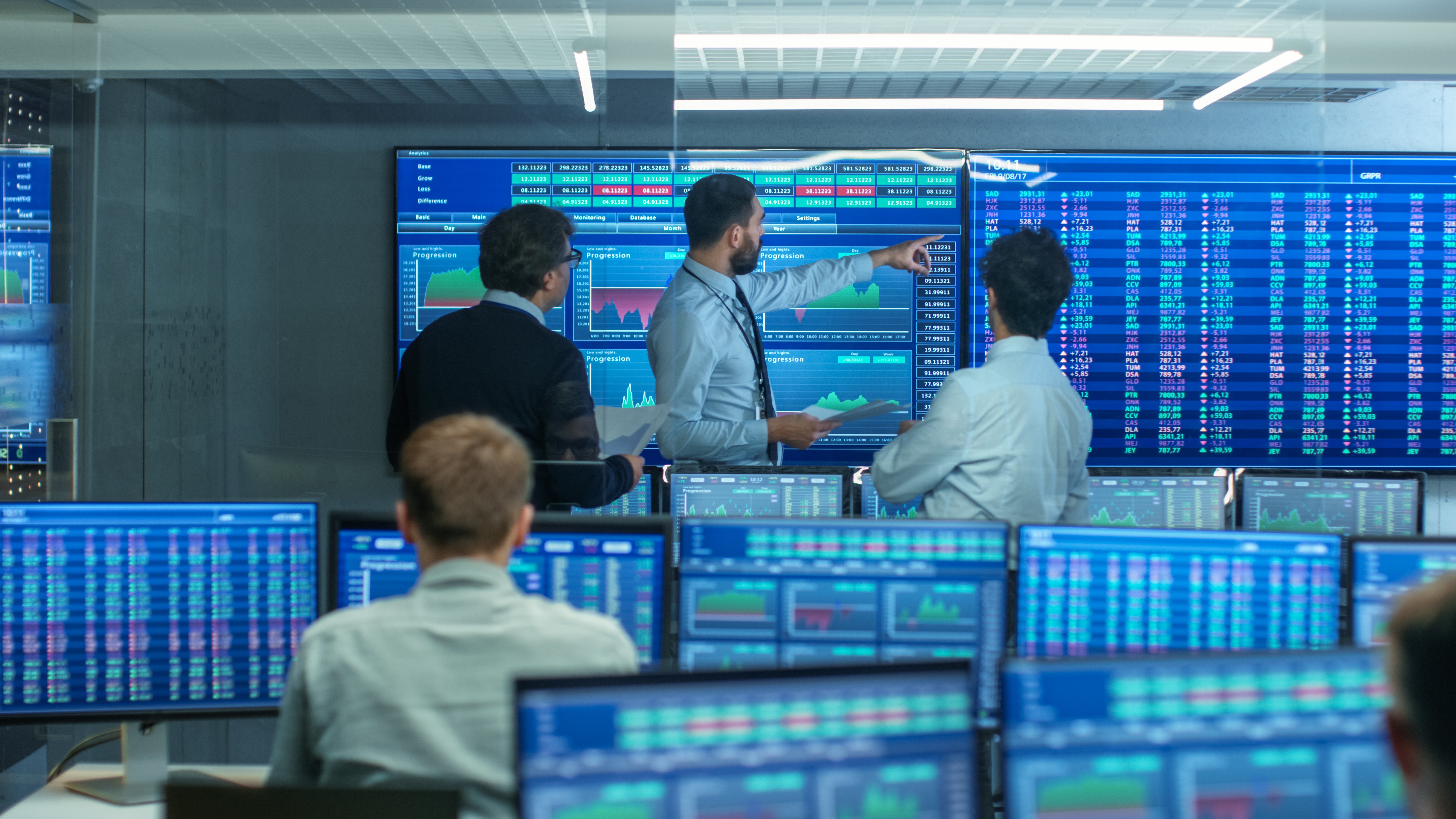By Tim Courtney, Chief Investment Officer
When thinking about the current state of the market, I’m reminded of two phrases that seem contradictory, but accurately describe aspects of a crowd. The first is "the wisdom of crowds"—a well-known concept that highlights the collective knowledge of the many and its overall advantage over the collective knowledge of the few, even if the few are quite intelligent. When an individual does not know how to solve a problem, it is almost assured that at least a few people within a large group will have an answer. This was apparent in the 20th century when the knowledge from markets consisting of billions of people solved many more problems than did the knowledge from central planning committees made up of relatively few people.
The second phrase that comes to mind is "the madness of crowds," made popular by Charles Mackay's book, “Extraordinary Popular Delusions and the Madness of Crowds.”1 While crowds have a large pool of knowledge, they can also turn into a mob, becoming irrational or obsessive. We have seen this repeatedly during the last century in fanatical movements and market bubbles.
In markets, Benjamin Graham captured these two competing aspects of crowds when he said, "In the short term, the market is a voting machine, but in the long term, it is a weighing machine."2 In the short term, the market votes and communicates (through prices) its current sentiment and best guess as to what the future will bring. Graham anthropomorphized this short-term sentiment and pricing as “Mr. Market,” who is often level-headed but sometimes becomes manic—overly optimistic or pessimistic. Over time, however, the true value of assets becomes clearer and is more accurately weighed by markets.
Mr. Market can become quite sure of himself, as he did when he assumed China would become the world’s largest economy.3 Chinese markets doubled in the five years from 2016-2020. But then, when it became clear that China had demographic and economic problems, the market erased nearly all those gains from 2021-2024.4 The same thing happened to markets in the U.S. for the three years prior to and after the dot-com bubble once it became clear that certain companies had become severely overpriced.5
This isn’t to say that the market is constantly manic and making mistakes. There is much information in prices and markets tend to improve outcomes and solve problems over time. A market is a very useful tool for us as citizens and as investors. The cost of this tool, however, is that we have to deal with constant noise—much of it nonsense—as well as Mr. Market’s moods. We believe investors are better off making decisions that conform to their planning based on discipline and diversification while blocking out the noise and the mania of the moment.
If you have any questions about market behavior and what it means for your portfolio, please reach out to your Exencial advisor. What are your thoughts on the dynamics of market wisdom and madness?
Sources:
- Simon & Schuster (December 10, 2024) - Extraordinary Popular Delusions and the Madness of Crowds
- McGraw-Hill (1934) - Security Analysis
- Brookings Institution Press (January 2020) - China 2049: Economic Challenges of a Rising Global Power
- Morningstar (12/31/2024) – iShares MSCI China ETF, performance 1/1/16 – 12/31/24
- Business Insider (February 25, 2024) - How Investors Can Avoid a Lost Decade for Stocks if the Tech Bubble Pops
PAST PERFORMANCE IS NOT AN INDICATION OF FUTURE RETURNS. Information and opinions provided herein reflect the views of the author as of the publication date of this article. Such views and opinions are subject to change at any point and without notice. Some of the information provided herein was obtained from third-party sources believed to be reliable but such information is not guaranteed to be accurate. In addition, the links provided within are for convenience only and the provision of the links does not imply any sponsorship, endorsement, or approval of any of the content. We do not guarantee the content or its accuracy and completeness. The content is being provided for informational purposes only, and nothing within is, or is intended to constitute, investment, tax, or legal advice or a recommendation to buy or sell any types of securities or investments. The author has not taken into account the investment objectives, financial situation, or particular needs of any individual investor. Any forward-looking statements or forecasts are based on assumptions only, and actual results are expected to vary from any such statements or forecasts. No reliance should be placed on any such statements or forecasts when making any investment decision. Any assumptions and projections displayed are estimates, hypothetical in nature, and meant to serve solely as a guideline. No investment decision should be made based solely on any information provided herein and the author is not responsible for the consequences of any decisions or actions taken as a result of information provided in this book. There is a risk of loss from an investment in securities, including the risk of total loss of principal, which an investor will need to be prepared to bear. Different types of investments involve varying degrees of risk, and there can be no assurance that any specific investment will be profitable or suitable for a particular investor’s financial situation or risk tolerance. Exencial Wealth Advisors, LLC (“EWA”) is an investment adviser registered with the Securities & Exchange Commission (SEC). However, such registration does not imply a certain level of skill or training and no inference to the contrary should be made. EWA may only transact business in those states in which it is registered, notice filed, or qualifies for an exemption or exclusion from registration or notice filing requirements. Complete information about our services and fees is contained in our Form ADV Part 2A (Disclosure Brochure), a copy of which can be obtained at www.adviserinfo.sec.gov or by calling us at 888-478-1971.









